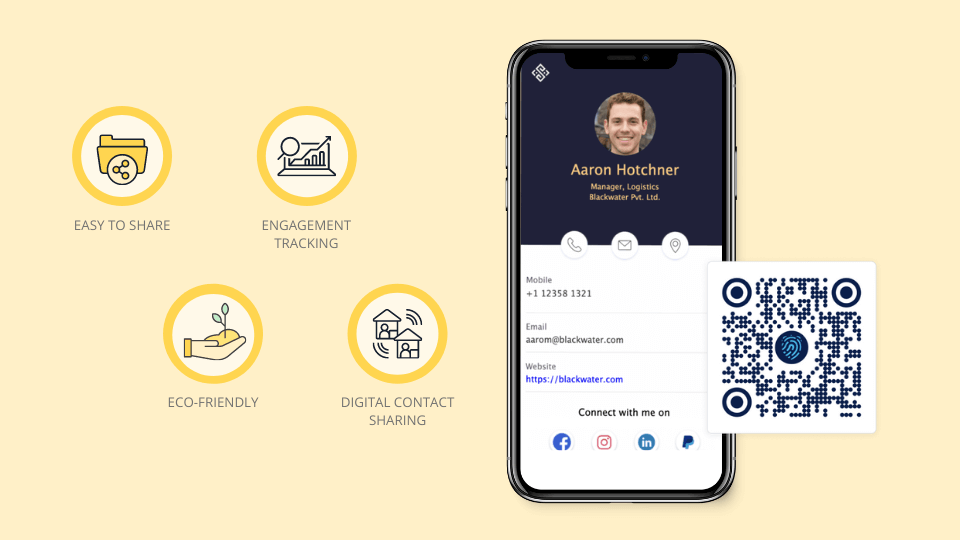The digital business card market is poised to become a dynamic arena for strategic Digital Business Card Industry Mergers & Acquisitions, with M&A expected to serve as the primary mechanism for the industry's maturation and integration into the broader enterprise software landscape. The M&A activity in this space will likely not be about small digital business card companies buying each other, but rather about the leading startups in the category being acquired by large, established software companies from adjacent markets. These will be highly strategic "tuck-in" acquisitions, where the acquirer is looking to buy not just a product and a user base, but a critical new capability that can be integrated into their core platform to create a more comprehensive and competitive offering. The deals will be driven by a clear strategic logic: to own the modern "digital handshake" and the valuable data that comes with it. The M&A activity will be a clear signal of the market's growing strategic importance.
The most likely acquirers will be the major players in the CRM and sales technology space. For a company like Salesforce, HubSpot, or Zoho, the digital business card is a natural and powerful extension of their platform. The ability to seamlessly capture lead information from an in-person networking event and have it flow directly into the CRM, complete with context and follow-up tasks, is a massive workflow improvement for any sales professional. Acquiring a leading digital business card company with a large user base and a slick mobile app would be the fastest and most effective way for a CRM giant to add this "top-of-the-funnel" lead capture capability to its offering. This would allow them to own an even greater share of the salesperson's daily workflow, making their platform even stickier and more indispensable.
Another major category of potential acquirers are the HR technology and professional networking platforms. For a Human Capital Management (HCM) leader like Workday or a professional networking giant like LinkedIn, a digital business card platform is a logical fit. An HCM provider could integrate digital business cards into their employee onboarding process, automatically provisioning a new card for every new hire as part of their digital identity. For LinkedIn, acquiring a company with a strong NFC and mobile sharing capability could be a powerful way to bridge the gap between the online professional graph and real-world, in-person networking, making it even easier to connect with people at events. As the digital business card becomes a standard professional tool, it will become an increasingly attractive asset for any large platform that serves the modern knowledge worker, making the leading independent players in the space prime acquisition targets. The Digital Business Card Market size is projected to grow to USD 518.35 Billion by 2035, exhibiting a CAGR of 10.01% during the forecast period 2025-2035.
Top Trending Reports -
India Time Tracking Software Market


